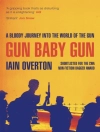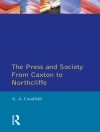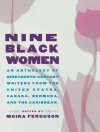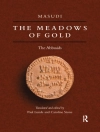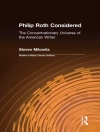The volume contains essays and reviews written over thirty years, linked loosely by three themes. First is the global resonance of Mikhail Bakhtin as moral philosopher, theorist of dialogue, and cultural totem. How does his worldview complement that of his friendly rivals the formalists (and later semioticians), and which aspects of his value-system have been most cogently criticized? Second is an application of Bakhtinian principles of transposition to successive musicalized Russian classics (among them Pushkin’s and Meyerhold’s Boris Godunov, Tchaikovsky’s and Prokofiev’s Eugene Onegin, Prokofiev’s War and Peace, Shostakovich’s Lady Macbeth of Mtsensk District, Pushkin’s and Dargomyzhsky’s Rusalka). A final theme is the creative—or capricious—reading of one literary master by another master, much later in time: Tolstoy’s reading of Shakespeare, Nabokov’s reading of Pushkin’s Eugene Onegin, Krzhizhanovsky’s reading of Shakespeare and Bernard Shaw. Great writers, like great composers, absorb and transform earlier greatness into a new synthesis, and it is this activity that is commemorated in this volume.
A propos de l’auteur
Caryl Emerson is A. Watson Armour III University Professor Emeritus of Slavic Languages and Literatures at Princeton University. Her scholarship has focused on nineteenth-century Russian classics (Pushkin, Tolstoy, Dostoevsky), Mikhail Bakhtin, and Russian music, opera and theater. Recent projects include the Russian modernist Sigizmund Krzhizhanovsky (1887–1950), the allegorical-historical novelist Vladimir Sharov (1952–2018), and the neo Thomist aesthetics of Jacques Maritain.


